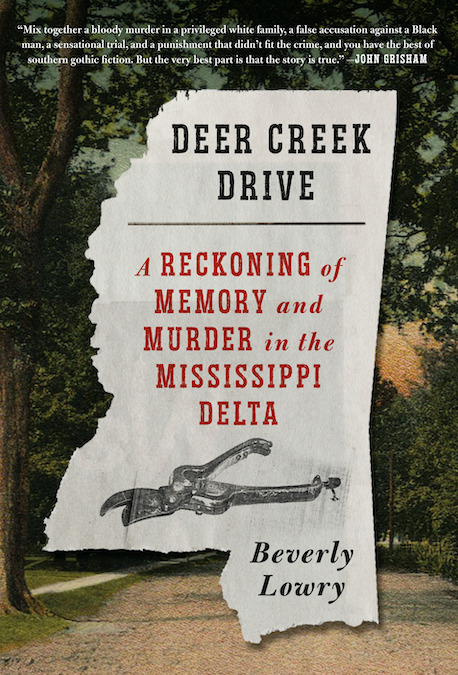Showing Up for Life
In a new memoir, Margaret Overton describes her journey from divorce and disease to clarity and compassion
“On Memorial Day 2002 I woke up and decided to leave my husband,” begins Margaret Overton’s memoir, Good in a Crisis. Her husband of twenty years, a surgeon, does not object to the divorce, as it gives him more time to spend with his young girlfriend. As if this situation were not stressful enough, Overton, a Chicago anesthesiologist with two teenaged daughters, suffers a brain aneurysm a few months later. Overton narrates her midlife journey into darkness and discovery with honesty, self-deprecating humor, and a strong sense of irony.
Overton begins with what she calls “the four admonishments” of divorce: These include protecting the children, avoiding collateral damage to innocent bystanders, and refraining from boring everyone you know by endlessly rehashing what happened. “What’s the truth?” Overton asks. “The truth is what happened between [the two of] you over the years, and what didn’t happen. The truth is what you said and didn’t say, how much you tried, how you changed, and whether you were lucky.” And the fourth admonishment? “The biggest asshole wins. Sort of. At least the biggest asshole takes home the most stuff.”
She has a word or two to say about Internet dating, too. Thanks to Match.com, Overton is introduced to a steady stream of potential partners, each more unappealing than the last. Her first date in twenty-three years is with Ed, a psychologist who studies human sexuality. Ed explains that “sometimes it helps to get sex out of the way first. We could do that tonight, if you like. Just get it out of the way.” As Overton extricates herself from his car, she realizes that “in some important ways, absolutely nothing had changed since 1979.”
 Her life takes a frightening turn in March of 2003 during an evening with her latest date, Brad, when she suddenly experiences excruciating head pain, a stiff neck, blindness, nausea, and shortness of breath. As a physician, she immediately suspects the worst, and as she waits to die, she blames herself: “It occurred to me that I might have just had a subarachnoid hemorrhage, or a bleed in my brain, because I was having sex with someone who was not my husband whom I did not love. Did it occur to me to call an ambulance? Nope. Did it occur to me to get to an emergency room? No. I am a doctor . . . and it never occurred to me to get medical care. Instead it occurred to me that God was punishing me.”
Her life takes a frightening turn in March of 2003 during an evening with her latest date, Brad, when she suddenly experiences excruciating head pain, a stiff neck, blindness, nausea, and shortness of breath. As a physician, she immediately suspects the worst, and as she waits to die, she blames herself: “It occurred to me that I might have just had a subarachnoid hemorrhage, or a bleed in my brain, because I was having sex with someone who was not my husband whom I did not love. Did it occur to me to call an ambulance? Nope. Did it occur to me to get to an emergency room? No. I am a doctor . . . and it never occurred to me to get medical care. Instead it occurred to me that God was punishing me.”
Overton survives not only the aneurysm, which is instantly fatal fifty percent of the time, but the two surgical procedures to stabilize it and the stroke that follows. Things could definitely be worse, but even so, life is far from easy. Throughout her recovery she struggles to cope with friends’ deaths, bouts of depression, her mother’s surgery for a broken neck and increasing dementia, her daughter’s severe injuries from a car accident, and her own horrific experience of date rape. And still the divorce drags on. “Loss is cumulative,” she writes. “It chips away at your heart, making it harder and harder to mend.”
In the end, her divorce takes four years. In the end, too, Overton eventually begins the healing process, both physically and emotionally, thanks to the help of family and friends. As a result, she comes to some hard-won insights that enrich both her work and her personal life. “As a younger person, a younger physician,” she explains, “I struggled against the limits of compassion, my own and others’. I thought, compassion is not enough. I didn’t have the words. . . . Now I know that words don’t matter. Showing up is enough.”
Margaret Overton will sign copies of Good in a Crisis at Parnassus Books in Nashville on April 4 at 6:30 p.m. Click here for details.


